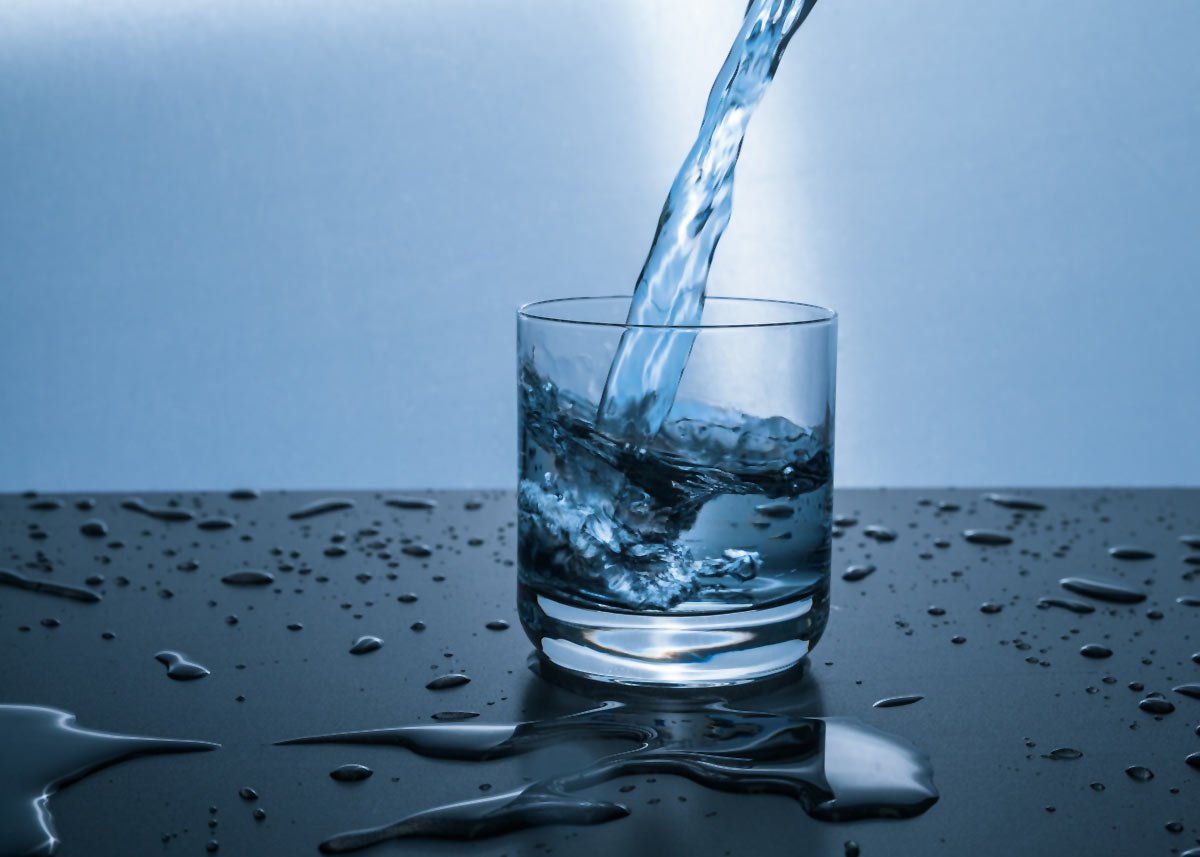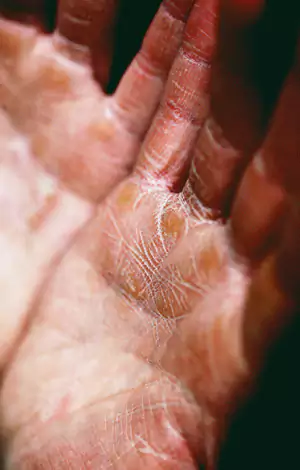

Signs of dehydration can be subtle at first and not drinking enough water can be a real issue for many of us. We’ve all been guilty of it…and maybe still are at times – even though we are Waytoohealthy! More water, more energy, healthier you is the mantra we always hear, and it’s certainly true to an extent.
Not drinking enough water can lead to a variety of health problems that you need to be aware of. The human body is made up of about 60% water, and it needs to maintain hydration levels to fuel cells and keep the brain and body functioning properly.
Table of Contents
Here are some of the possible health consequences, signs of dehydration & associated symptoms of not drinking enough water:
1. Low Energy Levels:
Energy levels can plummet when we are in a dehydrated state, as water ensures the body stays balanced and the mind sharp. If you’re not drinking enough during the day, that afternoon slump may hit you like a ton of bricks, which may affect work and could lead to you abandoning your evening workout. Keep sipping!
2. Brain Fog:
Brain volume consists of of about 73% water, so drinking enough is essential to be mentally sharp. Dehydration negatively affects our memory functions, leading to forgetfulness and confusion. Staying well hydrated will ensure maximum mental productivity. Drink up!
3. Increased Risk of Stroke:
Being dehydrated can raise the risk of strokes. So, to keep your cardiovascular system in tip-top shape, pstay focussed on how much you’re drinking…or not. If your urine is dark or you feel faint, reach for that H2O.
4. Changes In Mood:
Not drinking enough water can make you irritable and short tempered – common signs of dehydration. Negative emotions such as anger & hostility, confusion, depression and anxiety increase with as little as 1% dehydration. If you’re not feeling yourself and seem to have a short fuse, stay calm and hydrate. You’ll be feeling better in no time.
5. Overeating:
It’s possible to confuse thirst with hunger, so take a drink to see if that helps you establish what your body really needs. Drinking water before meals can also help you eat less, suppress your appetite and consequently, lose weight.
6. Dry Skin:
Water is essential for keeping your skin healthy and hydrated. When you don’t drink enough water, your skin can become dry, tight, and flaky. Drinking enough water can help keep your skin looking healthy and youthful.
7. Constipation:
Being fully hydrated helps to keep your digestive system moving along smoothly. When you don’t drink enough water, stools can become hard and difficult to pass. By drinking enough water, you can help to prevent constipation and therefore, keep your digestive system healthy.
8. Kidney Stones:
When you don’t drink enough water, your urine can become more concentrated, leading to the formation of kidney stones. Drinking enough water can help prevent kidney stones and keep your kidneys healthy and in tip top condition.
9. Headaches:
Dehydration can cause headaches & migraines. Drinking enough water can help prevent headaches and keep your head clear.
10. Muscle Cramps:
Keeping your muscles healthy and hydrated is essential. When you don’t drink enough water, your muscles can become tight and may cramp. Drinking enough water can help prevent these muscle cramps and subsequently, keep your muscles healthy.

Water is one of the most important ingredients in a healthy lifetyle.
Wilderness guides often refer to the “rule of 3”, which says that a person can live for 3 minutes without air (oxygen), 3 days without water, and 3 weeks without food.
So keep breathing, keep drinking and eat a decent meal here and there…and you’re on the right track!
In conclusion, we’ve established that drinking enough water is essential for maintaining good health.
It can also help keep your energy levels up, your brain sharp, your skin healthy, and your digestive system moving smoothly. So, make sure you’re drinking enough water every day to stay hydrated and healthy. Waytoohealthy!
For more on exactly how much water you should drink a day read this
A more thorough view of water and hydration can be found at https://www.ncbi.nlm.nih.gov/pmc/articles/PMC2908954/
